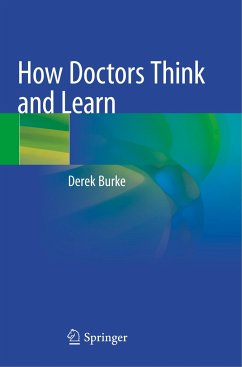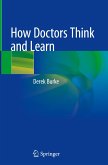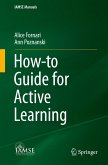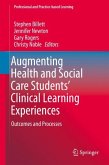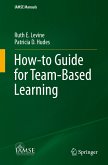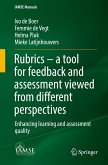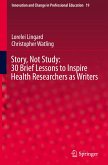This book describes the theoretical basis for the acquisition; development and refining of professional medical skills from entry level into professional training to those developing specialist expertise. Chapters review the presently available literature on educational theory, the cognitive processes underpinning memory and learning, skill acquisition, competence and assessment and reflection. A synthesis is also presented on why a particular theoretical foundation model of professional skill acquisition should be adopted based on the current understanding of traditional educational theory, theories of cognitive development and neurophysiology.
How Doctors Think and Learn details the theoretical basis for acquiring and developing professional medical skills and is an essential resource for all those who deliver medical education, training and professional development.
How Doctors Think and Learn details the theoretical basis for acquiring and developing professional medical skills and is an essential resource for all those who deliver medical education, training and professional development.

